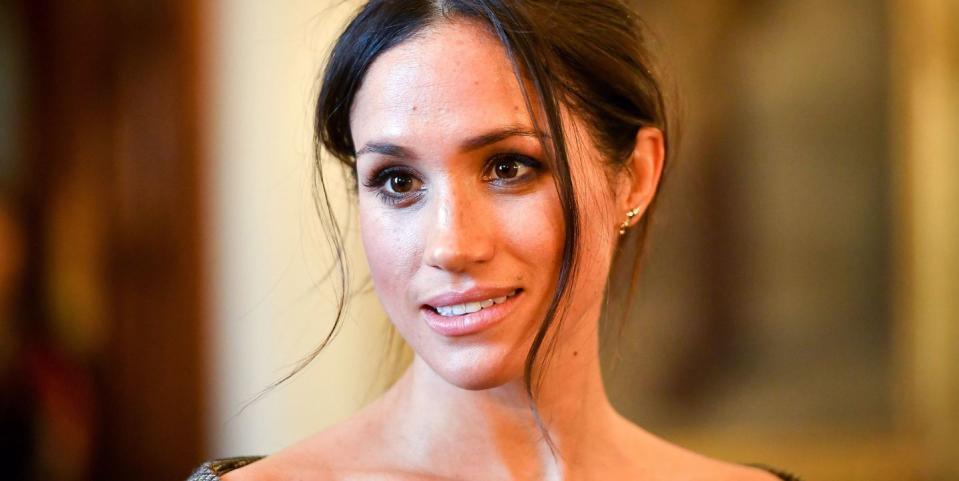The Duchess of Sussex talks of “pain and grief” after suffering a miscarriage this summer

The Duchess of Sussex has opened up about the “loss and pain” of suffering a miscarriage in July this year. The former Royal was expecting her second child with Prince Harry.
Writing in a moving essay for the New York Times, Meghan said she had been changing her son’s nappy when she felt “a sharp cramp”, which she knew meant she had lost her second baby.
“I knew, as I clutched my firstborn child, that I was losing my second,” she wrote. “Hours later, I lay in a hospital bed, holding my husband’s hand. I felt the clamminess of his palm and kissed his knuckles, wet from both our tears. Staring at the cold white walls, my eyes glazed over. I tried to imagine how we’d heal.”
Miscarriages, which are still not openly talked about, are common. The NHS reports that, among women who know they are pregnant, it’s estimated about one in eight pregnancies will end in miscarriage. Many more miscarriages happen before a woman is even aware she has become pregnant.
“Sitting in a hospital bed, watching my husband’s heart break as he tried to hold the shattered pieces of mine, I realised that the only way to begin to heal is to first ask, ‘Are you OK?’” continued Meghan.

She said that it is only after talking about our pain and grief that we can begin the healing process. It can also help others feel less alone in theirs, she added.
“Losing a child means carrying an almost unbearable grief, experienced by many but talked about by few,” she wrote. “In the pain of our loss, my husband and I discovered that in a room of 100 women, 10 to 20 of them will have suffered from miscarriage. Yet despite the staggering commonality of this pain, the conversation remains taboo, riddled with (unwarranted) shame, and perpetuating a cycle of solitary mourning.”
Meghan called for the public to take care of one another and to “commit to asking others, ‘Are you OK?’” She said that, regardless of distance or differing opinion, we are united in what we have all “collectively endured this year”.
“We are adjusting to a new normal where faces are concealed by masks, but it’s forcing us to look into one another’s eyes – sometimes filled with warmth, other times with tears,” she concluded. “For the first time, in a long time, as human beings, we are really seeing one another. Are we OK? We will be.”

